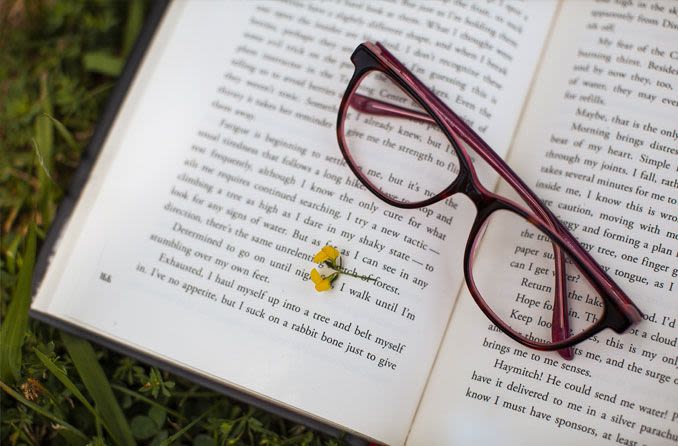Why should I spend my FSA on vision?

If your employer offers a Flexible Spending Account (FSA) as a part of your benefits package, it’s wise to take advantage. And it’s especially wise if you, like the majority of adults in the U.S., require vision correction.
For those unfamiliar with how a Flexible Spending Account works, here’s a crash course: If you sign up for an FSA, you choose an amount you want deducted from your paycheck, pre-tax, over the course of year. The FSA contribution limit for 2020 is $2,750.
The amount you've set aside is stored in that account, and you can use it for just about all of your and your family’s health care expenses for the year. This includes copays, medicines and even vision care such as eye exams. You can also set aside up to $5,000 for a dependent FSA.
NEED AN EYE EXAM? Find an eye doctor near you and schedule an appointment.
FSA funds are easy to use
Most people who’ve used an FSA know how helpful it can be when paying for your standard doctor’s visits and procedures.
For most FSA-eligible items, you can swipe your provider-issued FSA card at the doctor’s office or a store counter. Simply save the receipt in case you need to log into your account online and submit it for verification.
What most people fail to realize, though, is they can also use their FSA to purchase contact lenses, eyeglasses, prescription sunglasses and many eyewear and eye care accessories. While you can spend money from your FSA in many ways, spending it on vision care has advantages.
Treat yourself
Spending your FSA on eyewear is one of the only ways to “treat yourself” using your flexible spending account.
Sure, eyeglasses and sunglasses are a medical necessity for many people, but having some really nice, luxury frames can be a true indulgence. And a tax-free one at that.
Meet your every vision need
Some people who wear glasses or contact lenses have vision needs that aren’t fully met.
For example, you might have one pair of everyday glasses, some contacts and a pair of prescription sunglasses. But what about when you’re working out and regular glasses just won’t stay on your face? One or two pairs of glasses don't serve every occasion.
Ideally, everyone would have some contacts and several sets of eyeglasses and sunglasses for different lifestyle needs such as work, dressing up, playing sports and more.
Want a practical pair of glasses for your work week but a bright, funky pair for weekends or nights out? Go for it.
Need a pair of sporty sunglasses to wear when going for a run but a sleek, glamorous style to wear on the beach during your next vacation? Your FSA funds can help you pay for your jazzy shades.
Stock up
Sometimes the end of the year may approach and you might still have a sizable balance left in your account.
The good news is you didn’t have nearly as many health-related expenses as you anticipated.
The downside? You have to spend that money by the end of the calendar year as a result of the use-it-or-lose-it policy applied to all FSAs.
Sure, you could go out and stock up on sunscreen and Band-Aids, but we have a better idea: Buy yourself a backup pair of eyeglasses or sunglasses.
Frames are reusable
Another reason to stock up on glasses instead of other FSA-eligible items is because frames can last years, when treated well.
If you want your frames to last, remember this mantra: Frames belong on your face or in the case.
Make sure you put your frames in their case before bedtime each night, and your glasses will serve you well for a long time.
Even as your vision may change, you can still bring your frames into your optometrist to have the lenses changed out to match your new prescription.
So what are you waiting for? Start shopping for prescription eyeglasses with your FSA funds now.
READY TO BUY EYEGLASSES? Find an eyewear store near you.
Page published on Monday, July 22, 2019




